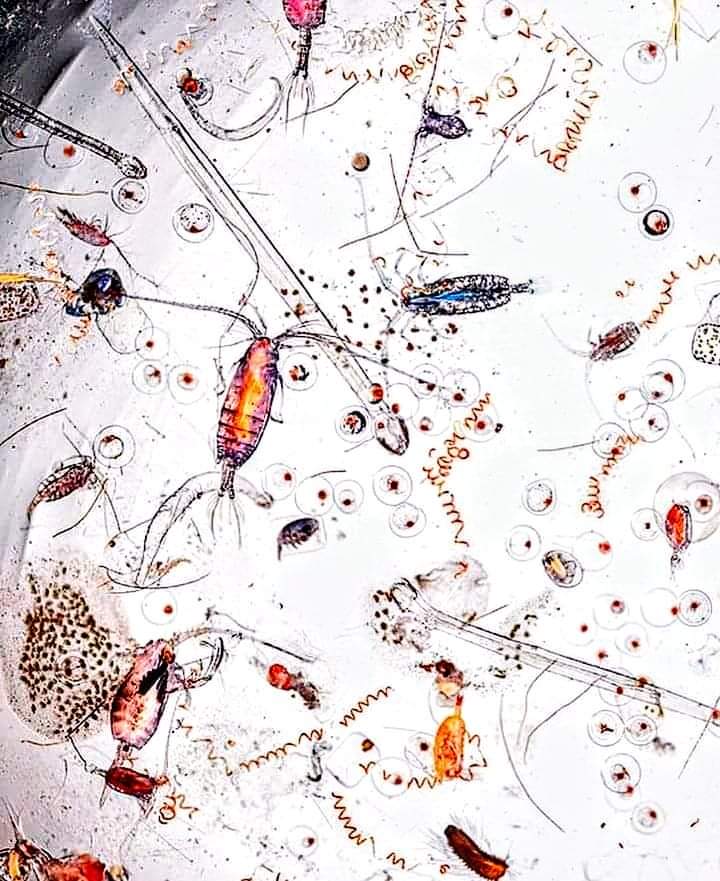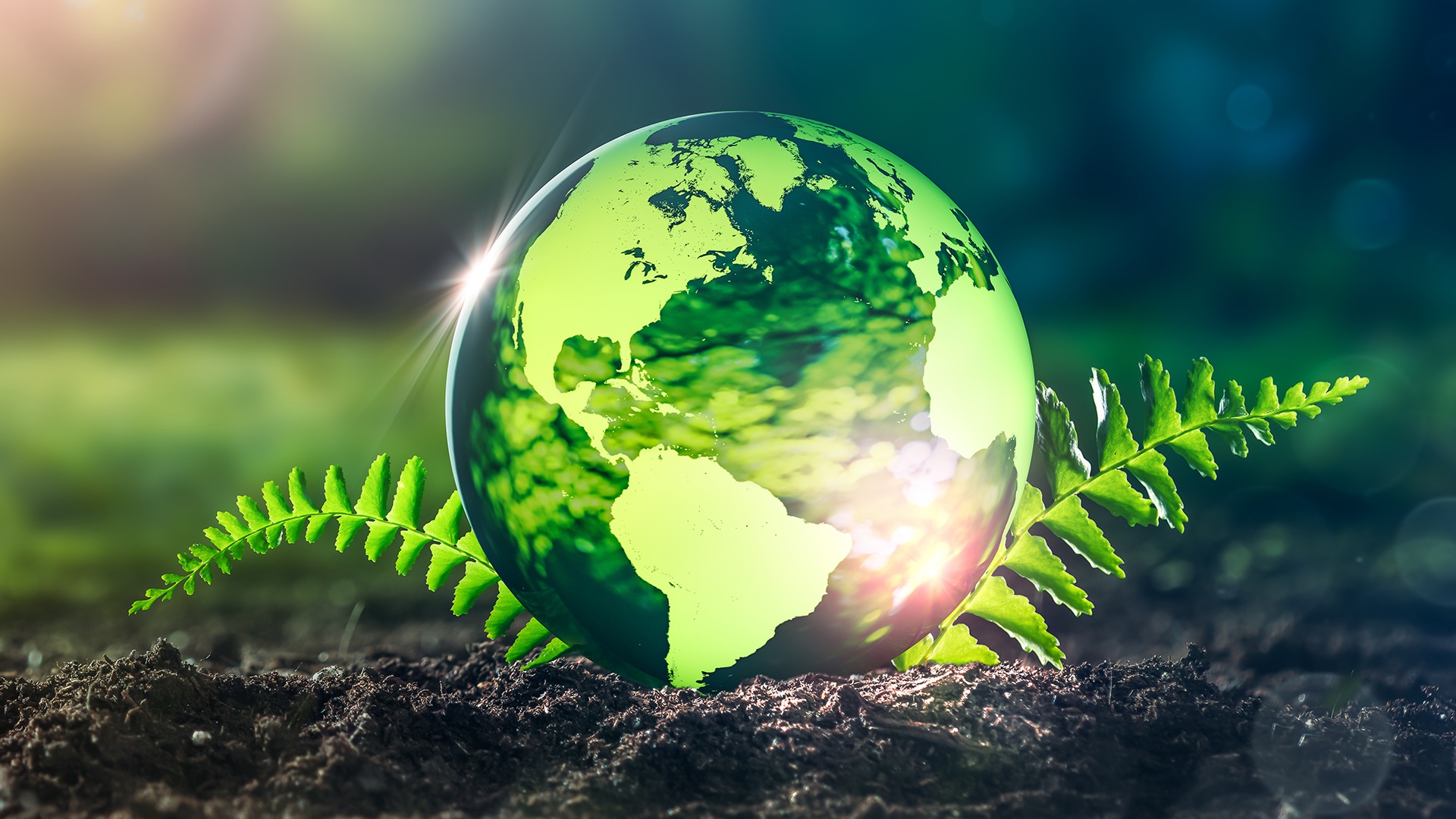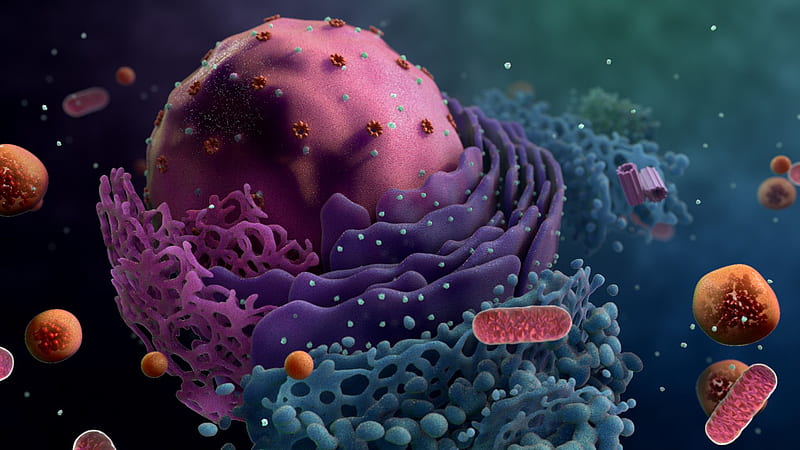
- Nositelj kolegija: Josip Mikuš

- Nositelj kolegija: Josip Mikuš
- Nositelj kolegija: Ana Bratoš Cetinić
- Izvođač kolegija: Sanja Grđan

- Nositelj kolegija: Josip Mikuš
- Nositelj kolegija: Tatjana Dobroslavić
- Nositelj kolegija: Tatjana Dobroslavić

- Nositelj kolegija: Josip Mikuš
When considering the environment in terms of aquaculture, several important factors come into play to ensure sustainable practices and minimize negative impacts.
The aim of the course is to acquire basic and applied biological knowledge of the impact of aquaculture facilities and operations on the environment. It also aims to acquire the necessary knowledge to successfully organize and operate production in typical Mediterranean farms according to the principles of sustainable fish and shellfish farming. Impact of aquaculture on the environment: physical and chemical impacts, landscape. Analysis of the negative environmental impact of the different facilities: tuna and white fish cages, floating mussel farms, hatcheries. Aquaculture as a catalyst for the introduction of allochthonous species and the transmission of various pathogens. Monitoring of typical chemical pollution and its effects on bottom and plankton communities. Management of farms to optimize negative impacts. Introduction of new species and potential risks to native ecosystems and species.
- Nositelj kolegija: Ana Bratoš Cetinić
